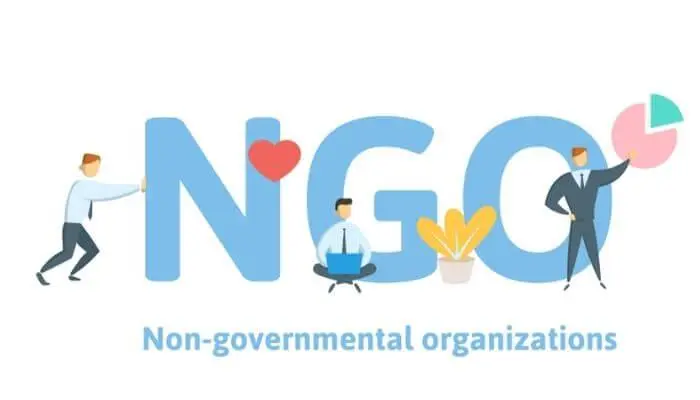The Kaduna State Government, in collaboration with a non-governmental organisation, has begun mobilising stakeholders to confront climate change through a whole-of-society approach.
The initiative involves engaging government bodies, community groups, and citizens to jointly address the environmental challenges facing the state.
The Planning and Budget Commission is partnering with the Partnership for Agile Governance and Climate Change Engagement (PACE) to drive the mobilisation effort.
PACE, funded by the Foreign Commonwealth Development Office (FCDO), supports coalitions that aim to influence government action on climate and governance issues affecting the most vulnerable populations.
At a two-day technical session for a whole of society issue-based workshop on Monday in Zaria, Kaduna state, the Commissioner, Kaduna State Planning and Budget Commission (PBC), Mr Mukhtar Ahmed, said the workshop marked a pivotal moment in the state’s collective efforts to chart a new course for problem-solving.
Ahmed, was represented by Bashir Ladan, the Director of Monitoring and Evaluation of the PBC.
He said for Kaduna state, the goal was clearly to harness a multi-stakeholder approach that brings together citizens, state, and non-state actors to engage in meaningful dialogue, identify governance blockages, and address service delivery gaps.
Ahmed said that by combining evidence, advocacy, citizen feedback, capacity building, sector expertise, and resource mobilisation, the workshop aim to co-design strategies and strengthen platforms for impactful reforms.
He noted that the stakeholders expertise and perspectives would be vital towards building and sustaining coalitions that foster inclusive, transparent, and accountable governance.
The commissioner, therefore urged the stakeholders to seize the opportunity to collaboratively shape solutions that prioritise the needs of communities in Kaduna state and drive sustainable progress.
Ms Gloria Bulus, a consortium partner for PACE, explained that the program focuses 30 per cent on climate change and 70 per cent on governance, with a goal to identify issues peculiar to Kaduna State that relate to the areas.
Bulus, who doubles as the Executive Director of Bridge That Gap Initiative, said that the PACE program aims to strengthen climate governance and build resilience around mitigation and adaptation.
She added that It emphasises the need for a strong governance structure to ensure policy direction, coordination of interventions, budget financing, and accountability for public investments.
“The programme builds on previous initiatives in Kaduna, such as PERL, and SPARC, to further strengthen governance systems around policy and strategy, public financial management, public service management, and monitoring and evaluation,”she said.
By adopting a whole-of-society approach, Bulus believed that PACE’s fight against climate change would be more focused and structured.
She noted that the programme seeks to translate reforms into results, requiring the involvement of all stakeholders, including civil society, media, private sector, and government.
“The workshop is expected to identify burning issues affecting communities and provide solutions to environmental and governance challenges. With the implementation of direct programmes and projects, communities are expected to benefit from improved governance and climate change mitigation efforts.
“The programme’s success will be measured by its ability to bring about tangible results and improve the lives of the poorest and most vulnerable in Kaduna State,”she said.
Also, a stakeholder, Mr Yusuf Goje of Civic Impact for Sustainable Development, emphasised that PACE’s whole-of-society approach looks at people, institutions, resources, and performance to fight climate change.
Goje also called for strong governance structure is essential to coordinate various interventions, ensure policy direction, and account for public investments in climate change mitigation and adaptation.
Another stakeholder, Mr Mubarak Abdulganiy, the Civil Society Co-chair of the Open Government Partnership (OGP) in Kaduna State, said the PACE programme aligned seamlessly with the OGP’s vision for inclusive, transparent, and accountable governance, particularly in the face of mounting climate change challenges.
By bridging the gap between government and citizens, Abdulganiy said that the “whole of society” approach enhances the legitimacy and effectiveness of governance, particularly in addressing climate-induced vulnerabilities that affect most at-risk communities.
He, therefore, said Alas civil society, they see the engagement as an opportunity to deepen accountability mechanisms, improve evidence-based advocacy, and ensure that no group is left behind in the state’s resilience planning.
The News Agency of Nigeria (NAN), reports that the workshop brought together different groups of stakeholders, including civil society organisations, private sector, community leaders and government representatives, Persons with Disabilities, women and youth groups to provide holistic solutions to the issues.



